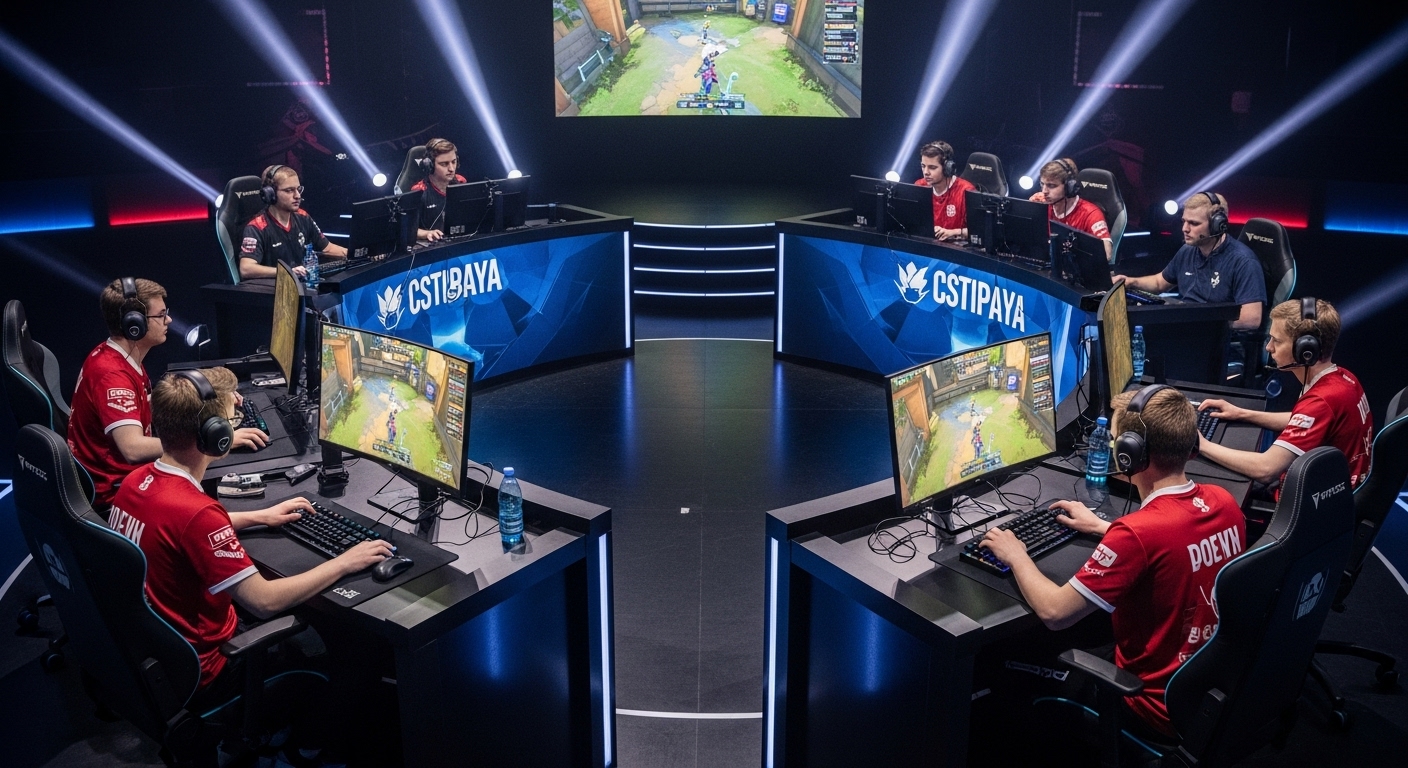Esports has transformed gaming from a casual hobby into a global phenomenon. Millions of players and fans around the world now follow professional competitions, watch live streams, and engage with gaming communities. Competitive gaming has become a legitimate career path, a source of entertainment, and a cultural movement that shows no signs of slowing down.
The Birth of Esports
The roots of esports go back to the early days of video gaming, when small-scale tournaments and arcade competitions first emerged. As technology advanced, online multiplayer games created new opportunities for organized competition. Today, esports is a billion-dollar industry with professional leagues, sponsorships, and global tournaments, turning video games into spectator events on a massive scale.
Popular Genres in Esports
Esports covers a variety of gaming genres, each requiring unique skills. Multiplayer Online Battle Arenas (MOBAs) like League of Legends and Dota 2 focus on teamwork and strategic planning. First-Person Shooters (FPS) like Counter-Strike and Valorant test precision and quick reflexes. Fighting games, sports simulations, and battle royale games add further diversity, allowing players of all interests to compete at a professional level.
The Professional Ecosystem
Professional esports goes beyond playing games. Teams consist of players, coaches, and analysts who dedicate hours to practice and strategy. Major tournaments draw thousands of live spectators and millions of online viewers. Sponsors, event organizers, and content creators play a crucial role in supporting the industry. This ecosystem creates career opportunities not only for players but for anyone passionate about gaming.
Technology and Esports
Technology drives the growth of esports. High-performance computers, gaming peripherals, and fast internet connections are essential for competitive play. Streaming platforms allow fans to watch live matches in real-time, while analytics tools and AI help teams develop better strategies. Technological innovation continuously enhances both gameplay and viewer experience, making esports more immersive and accessible.
Social and Cultural Impact
Esports connects players and fans globally, creating vibrant online communities. Watching tournaments, interacting with players, and sharing experiences fosters social engagement. Beyond entertainment, esports develops skills such as teamwork, critical thinking, and strategic decision-making. It has become a cultural phenomenon, influencing media, fashion, and youth culture worldwide.
The Future of Esports
The future of esports is bright, with expanding audiences, bigger sponsorships, and innovative game formats. Virtual reality and augmented reality may redefine competitive gaming, while AI could improve training and gameplay analysis. As esports continues to grow, it will increasingly bridge the gap between traditional sports and digital entertainment, becoming an even more influential part of global culture.
Conclusion
Esports has evolved into a global force, turning competitive gaming into a serious profession and cultural movement. It combines skill, technology, and entertainment to create experiences that engage millions of players and fans worldwide. With its rapid growth and continued innovation, esports is set to remain at the forefront of digital entertainment for years to come.




